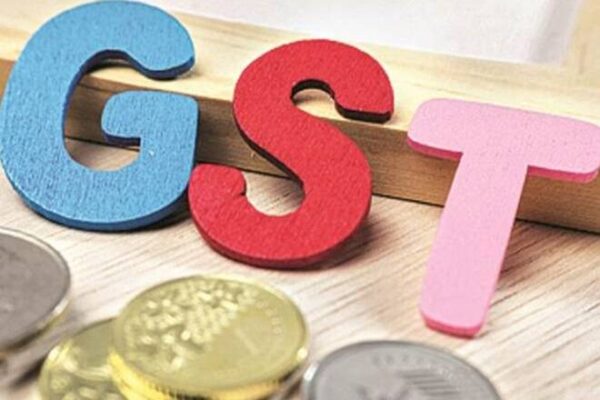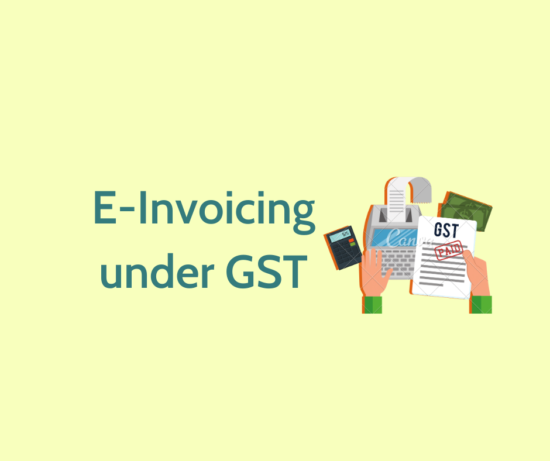The Council will likely meet on 5 Oct to discuss ways of meeting states’ GST revenue gap, especially the borrowing plans offered. 22 states have opted to borrow, which is enough for the Council to take a decision by vote, if not consensus
NEW DELHI: States opposing borrowing plans mooted by the Centre for bridging their goods and services tax (GST) revenue gap are seeking alternative ways that could be discussed at the next meeting of the federal tax body, the GST Council.
At a virtual meeting with experts on Monday, senior ministers from West Bengal, Kerala, Chhattisgarh, Puducherry and Telangana sought ways to bridge the revenue gap in their GST receipts that are more agreeable than the two borrowing plans placed before them at the last meeting of the Council in August.
The states had also opposed the way the borrowing plans were placed before them at the 27 August meeting, saying they were not given advance copies of the agenda or of the attorney general’s opinion on the GST compensation issue.
The GST Council is expected to meet on 5 October to discuss ways of meeting states’ GST revenue gap, especially the two borrowing options offered to them. About 22 states have already opted for borrowings, which is enough for the Council to make a decision by vote, if not by consensus.
Kerala finance minister Thomas Isaac and West Bengal finance minister Amit Mitra have sought suggestions from academicians and experts which could form the basis for proposals before the Council. The conference was jointly held by the Gulati Institute of Finance and Taxation (GIFT) in Thiruvananthapuram and Centre for Research in Rural and Industrial Development (CRRID) in Chandigarh.
Former finance minister of J&K Haseeb Drabu said it needs to be recognised that there is a genuine loss of income and that some via media needs to be worked out. Drabu suggested that RBI has a lot of policy instruments to help states tide over the GST shortfall problem and could use them given the exceptional circumstances.
Isaac said finance ministers will hold a private meeting to discuss the strategy based on inputs from academics. He said the Centre has to accept that revenue protection granted to states under law cannot be diluted which was a pre-condition for dialogue with the union government. “GST compensation is a right that states will never give up,” Isaac said at the meeting, adding that the central government should arrange for payment of compensation to states rather than expecting them to borrow.
Once that premise is accepted and the two controversial borrowing plans that the dissenting states have rejected are withdrawn, there could be more discussions on resolving the practical problems, he said. Isaac also said that states should not be issued any ultimatum about accepting the proposals made by the Centre. “Do not think states will be frightened if somebody threatens that they will not get compensation till 2022,” he said.
“How GST compensation has to be calculated is given in the law and there is no distinction between Covid and non-Covid revenue loss. It is unconditional,” he said.
Amit Mitra said he was worried about the GST Council slipping towards majoritarianism as the agenda for the previous meeting or the Attorney General’s opinion was not circulated in advance, because of which an informed discussion could not take place. “This is what worries me. This is moving towards, I suspect, a mascular majoritarianism,” Mitra said. Mitra also said that the Central government can monetise debt, which states cannot.
Chhattisgarh chief minister Bhupesh Baghel who also holds the finance portfolio said forcing states to accept either of the two proposals discussed at the last Council meeting amounted to arm twisting.
“What is the point in attending a future GST Council meeting if it is a foregone conclusion that every decision is taken by majoritarian view…We see no point in continuing in the Council,” he said.
Chief minister of Puducherry V Narayanasami said consensus has suffered because of the brute majority that Bharatiya Janata Party enjoys.
Source: livemint.com
***
Subscribe to our newsletter from FREE to stay updated on GST Law
[rainbow]Don’t miss the next GST Update / Article / Judicial pronouncement[/rainbow]
Resolve your GST queries from national level experts on GST free of cost.
TW Editorial Team comprises of team of experienced Chartered Accountants and Advocates devoted to spread the knowledge of GST amongst the various stakeholders.




